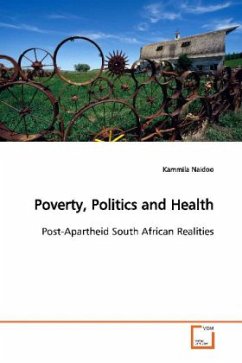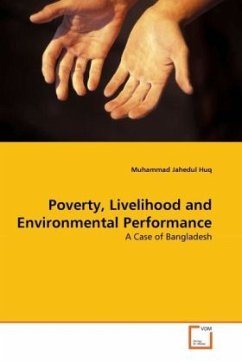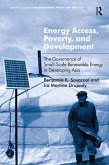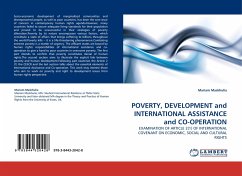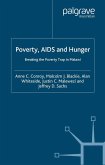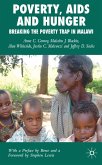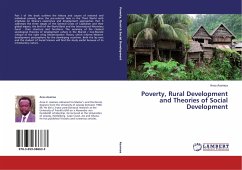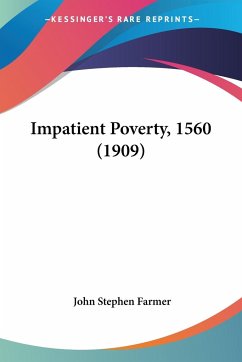South Africa is currently experiencing high levels of
poverty, increasing unemployment and widening social
and economic gaps between the wealthy and poor of all
racial groups. This study focuses on four racially
demarcated areas within the capital city, Pretoria,
and offers survey data and qualitative illustrations
of day-to-day hardship and ordinary people s efforts
to sustain the continuity of households and familial
relations. Additionally, attention is paid to
descriptions of health and perceptions of the
post-apartheid state s commitment to transform the
socio-economic existences of indigent communities. It
is shown that whilst sectors of the poor acknowledge
positive changes to their lives, many view themselves
as marginalised and disengaged from active forms of
citizen participation. The comparative focus on
African,white, coloured and Indian communities
highlights particular challenges and South African
realities. This book will be of interest to
researchers working in the field of poverty and who
wish to draw on contemporary South African
comparative case study material.
poverty, increasing unemployment and widening social
and economic gaps between the wealthy and poor of all
racial groups. This study focuses on four racially
demarcated areas within the capital city, Pretoria,
and offers survey data and qualitative illustrations
of day-to-day hardship and ordinary people s efforts
to sustain the continuity of households and familial
relations. Additionally, attention is paid to
descriptions of health and perceptions of the
post-apartheid state s commitment to transform the
socio-economic existences of indigent communities. It
is shown that whilst sectors of the poor acknowledge
positive changes to their lives, many view themselves
as marginalised and disengaged from active forms of
citizen participation. The comparative focus on
African,white, coloured and Indian communities
highlights particular challenges and South African
realities. This book will be of interest to
researchers working in the field of poverty and who
wish to draw on contemporary South African
comparative case study material.
